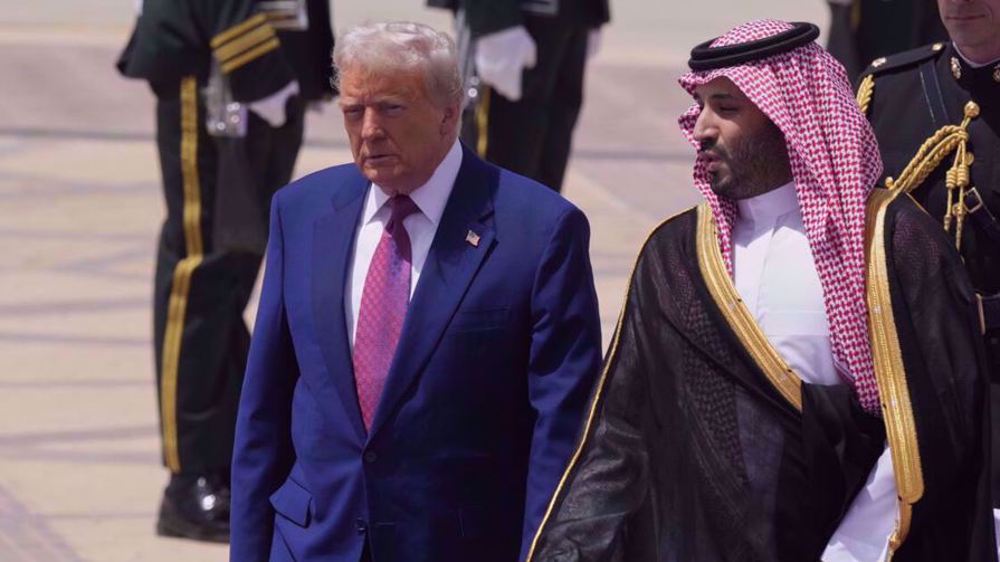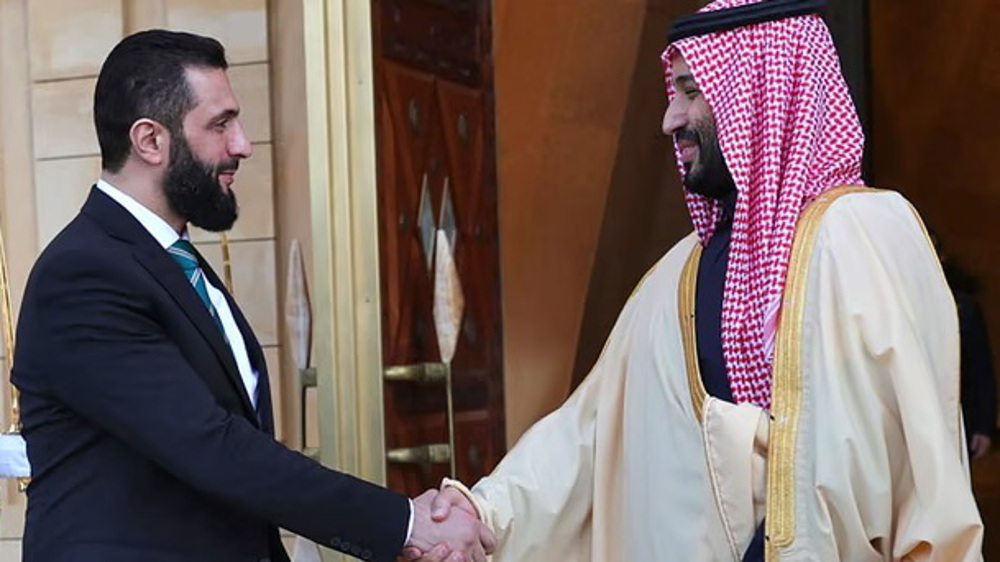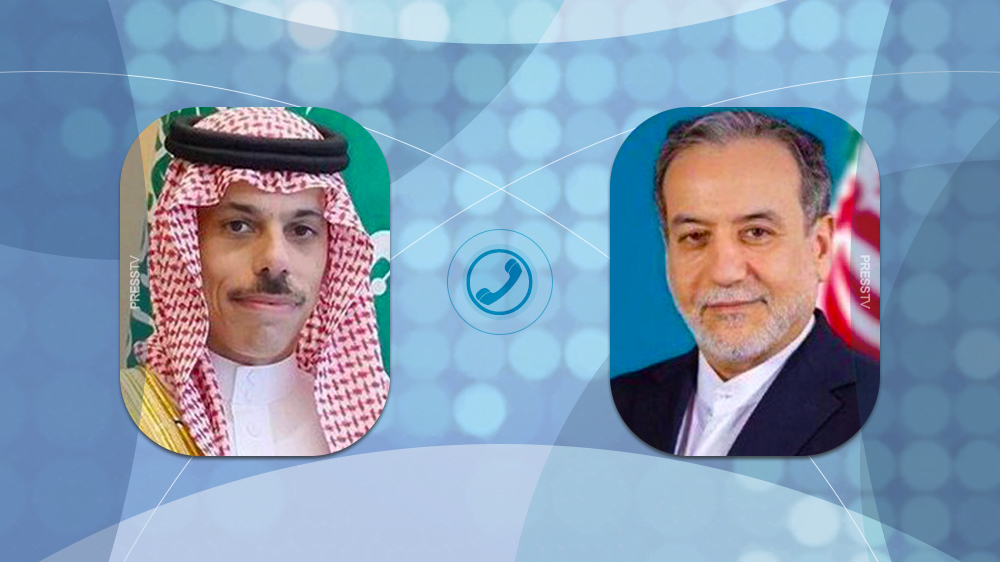Amnesty: Saudi Arabia silences Shia dissent with execution
Saudi Arabia is using the death penalty as a means to silence Shia dissent, says Amnesty International.
“These brutal executions are the latest act in the Saudi Arabian authorities’ ongoing persecution of the Shia minority. The death penalty is being deployed as a political weapon to punish them for daring to protest against their treatment and to cow others into silence,” said the group’s director for research, Lynn Maalouf, on Wednesday.
Maalouf made the remarks after Saudi Arabia executed four Shias in the kingdom’s oil-rich Eastern Province over allegations of conducting terrorist activities.
Read More:
- Saudi Arabia executes four in Qatif over terror allegations
- Saudi police, civilians wounded in Qatif shooting attacks
- Activist jailed for driving says women treated like slaves in Saudi Arabia
“The international community must come down hard on Saudi Arabia to ensure that others currently facing execution after deeply flawed legal proceedings do not meet the same fate. Saudi Arabia should quash their death sentences and establish an official moratorium on executions,” she added.
Amnesty has documented a further 34 other cases of Shia men currently sentenced to death mostly following unfair trials based largely on confessions obtained by torture.
The Shia-dominated Eastern Province, particularly the Qatif region, has been the scene of peaceful demonstrations since February 2011. Protesters, complaining of marginalization in the Sunni-ruled kingdom, have been demanding reforms, freedom of expression, the release of political prisoners, and an end to economic and religious discrimination against the oil-rich region.

The Shia community of the province accounts for somewhere between 10 and 15 percent of Saudi Arabia's 33-million-strong population.
“The Saudi Arabian government is showing no signs of letting up in its use of the death penalty and has employed it vigorously since the traditional pause for Ramadan…The death penalty continues to be used in violation of international human rights law and standards on a massive scale, and often after trials which are grossly unfair and sometimes politically motivated,” concluded Maalouf.
The engineering feat behind Iran’s record gas output
VIDEO | Press TV's news headlines
Freedom of speech, right to protest under assault in UK
Border guards seize cache of weapons, ammunition near Iran-Afghanistan border
Grok to power classified programs as Musk's xAI secures deal with Pentagon
Iraqi FM tells US envoy: Government formation ‘internal matter’
Israel killed Gaza aid workers in ‘execution style’ massacre in 2025: Report
Participation shrinks at Israeli arms expo in wake of Gaza genocide: Report













 This makes it easy to access the Press TV website
This makes it easy to access the Press TV website